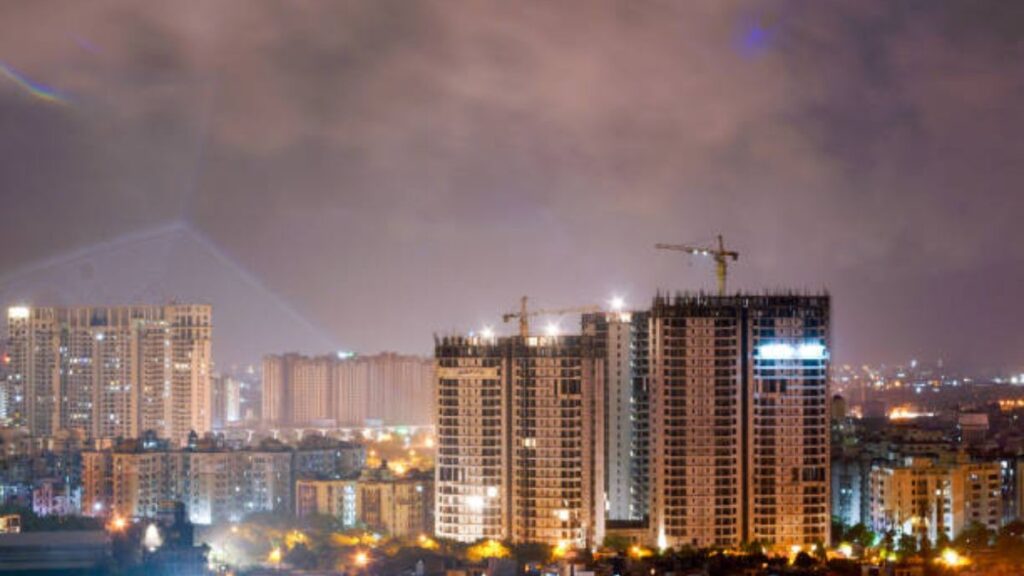Pune: PMC Serves Stop-Work Notice to 158 Real Estate Developers for Dust Pollution

The Pune Municipal Corporation (PMC) has issued stop-work notices to 158 real estate developers for failing to control dust pollution at construction sites. This action follows numerous complaints from citizens and a survey conducted by PMC engineers between January 12 and 18 across zones I to VI. The areas most affected include Lohegaon, Hadapsar, Keshav Nagar, Undri, and Pisoli under zone VI.
Initially, on February 21, notices were issued to 208 developers, of which 50 complied with the dust control measures and were permitted to continue construction. However, the remaining 158 developers have been served stop-work notices, and PMC officials have been authorized to take strict action under Section 267 of the Maharashtra Municipal Corporation Act and Section 54 of the Maharashtra Regional and Town Planning Act, 1966.
Rajesh Bankar, superintendent engineer of the PMC building permission department, stated, “We had served notices to 208 projects causing dust pollution. Around 50 have complied, while stop-work notices have been issued to the rest. A detailed on-site report has been sought, and further action will be initiated.”
Pune currently has over 10,000 active construction projects, many of which are not effectively addressing dust pollution. Despite builders pledging to follow Maharashtra Pollution Control Board (MPCB) guidelines, significant lapses have been observed. The municipal commissioner has warned that continued construction despite notices will lead to police action.
In a related development, prominent social worker Jaymala Dhankikar has written to the MPCB, urging a harsh crackdown on builders violating environmental laws. Her letter highlights the lack of checks and balances at construction sites and calls for immediate action, including issuing notices, imposing fines, conducting regular inspections, and prosecuting violators.







